Cats are enigmatic creatures, often leaving their owners guessing about their needs and desires. One of the most crucial aspects of their well-being is their diet. A cat’s diet plays a fundamental role in their overall health, energy levels, and happiness. However, sometimes, what seems to be a balanced diet might not be working as intended. Understanding the signs that your cat’s diet isn’t working can prevent health issues and ensure your feline friend remains in top shape. Let’s explore these signs and discover how you can make necessary dietary adjustments.
Unexplained Weight Loss
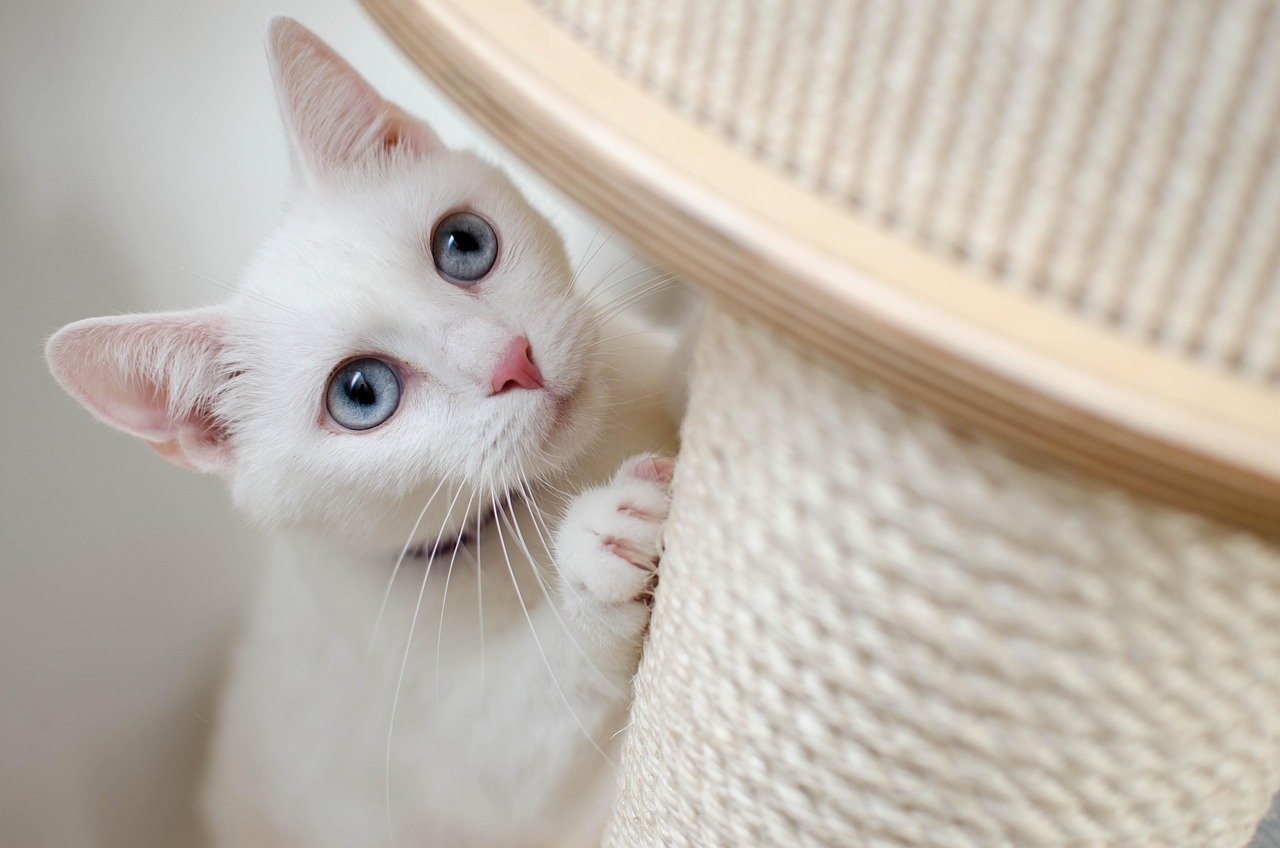
Unexplained weight loss in cats can be a significant indicator that their diet isn’t meeting their nutritional needs. Imagine if a person continued to lose weight despite eating regular meals; it would be concerning, right? Similarly, for cats, sudden weight loss despite a consistent feeding routine suggests a lack of essential nutrients or calories. It’s crucial to monitor your cat’s weight regularly. If your cat appears thinner or their collar becomes looser, it’s time to reassess their food intake. Consider consulting a vet to ensure there’s no underlying health issue contributing to the weight loss. Adjusting portion sizes or switching to a more nutrient-dense food can often correct this issue.
Dull Coat and Excessive Shedding
A cat’s coat is a mirror of its internal health. If your feline’s once shiny and luxurious coat has turned dull and they’re shedding excessively, their diet may be lacking essential omega fatty acids or proteins. These nutrients are vital for maintaining healthy skin and fur. Think of it like a plant that wilts without water; your cat’s coat needs the right nutrients to thrive. Ensure their food includes sufficient omega-3 and omega-6 fatty acids, often found in fish oils. Adding a small amount of fish to their diet or switching to a high-quality food with these ingredients can rejuvenate their coat.
Digestive Issues
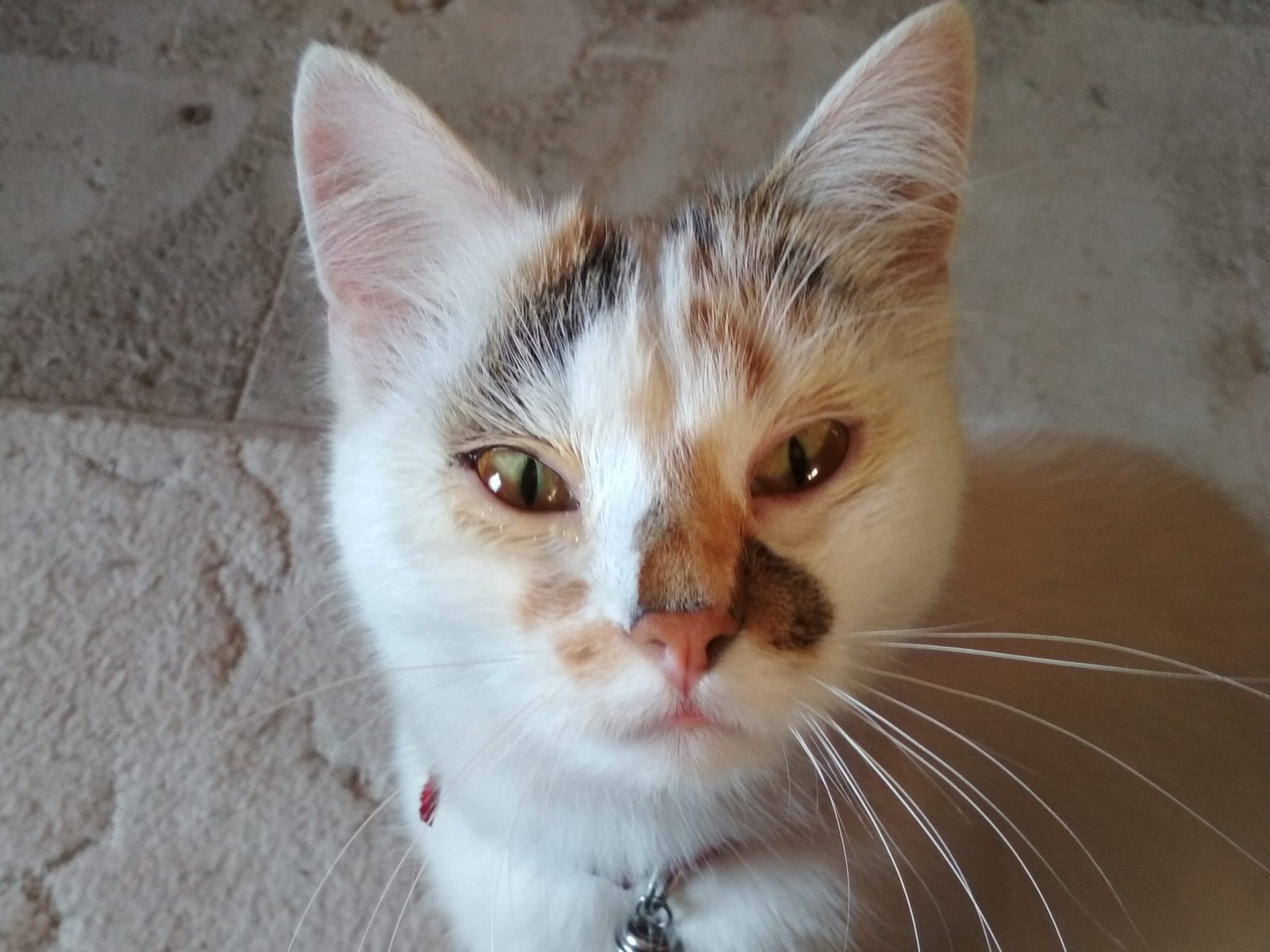
Frequent vomiting, diarrhea, or constipation are clear signs that your cat’s diet might not be working. Just as humans might experience indigestion from a poor diet, cats can suffer from gastrointestinal discomfort due to inappropriate food. It’s essential to observe your cat’s litter box habits closely. Changes in stool consistency or frequency can indicate that their digestive system is struggling with their current diet. Switching to a diet with more fiber or introducing probiotics can often help stabilize their digestive health. If problems persist, consulting a veterinarian is advisable to rule out allergies or intolerances.
Lethargy and Lack of Energy
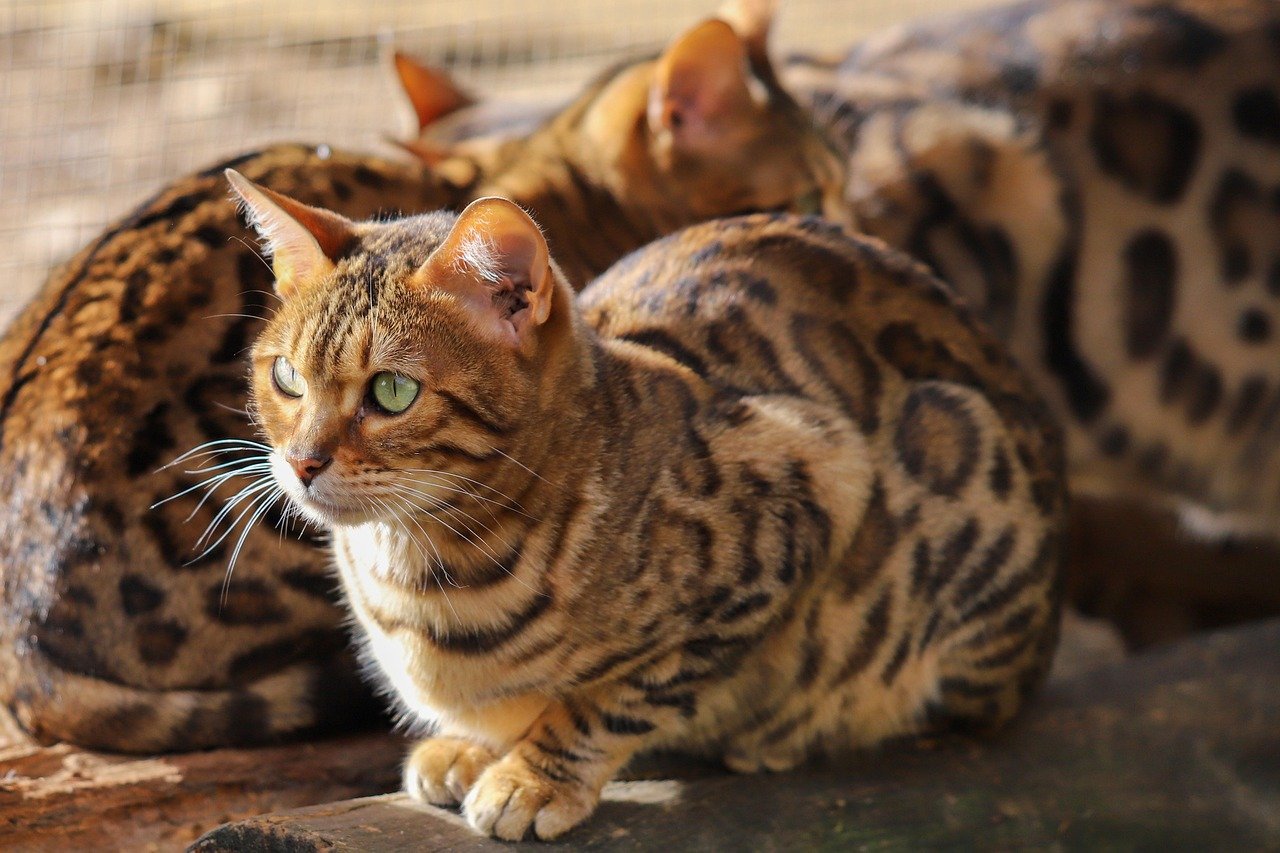
Cats are known for their bursts of energy, often referred to as “zoomies.” If your cat is spending more time sleeping and shows little interest in play, their diet might be to blame. A diet lacking in sufficient proteins and carbohydrates can lead to energy depletion. Think of it as a car trying to run on an empty tank. Ensure your cat’s food contains high-quality proteins from meat sources and balanced carbohydrates. Sometimes, simply changing the brand or type of food can reinvigorate their energy levels. Remember, a playful cat is often a happy and healthy cat.
Persistent Hunger
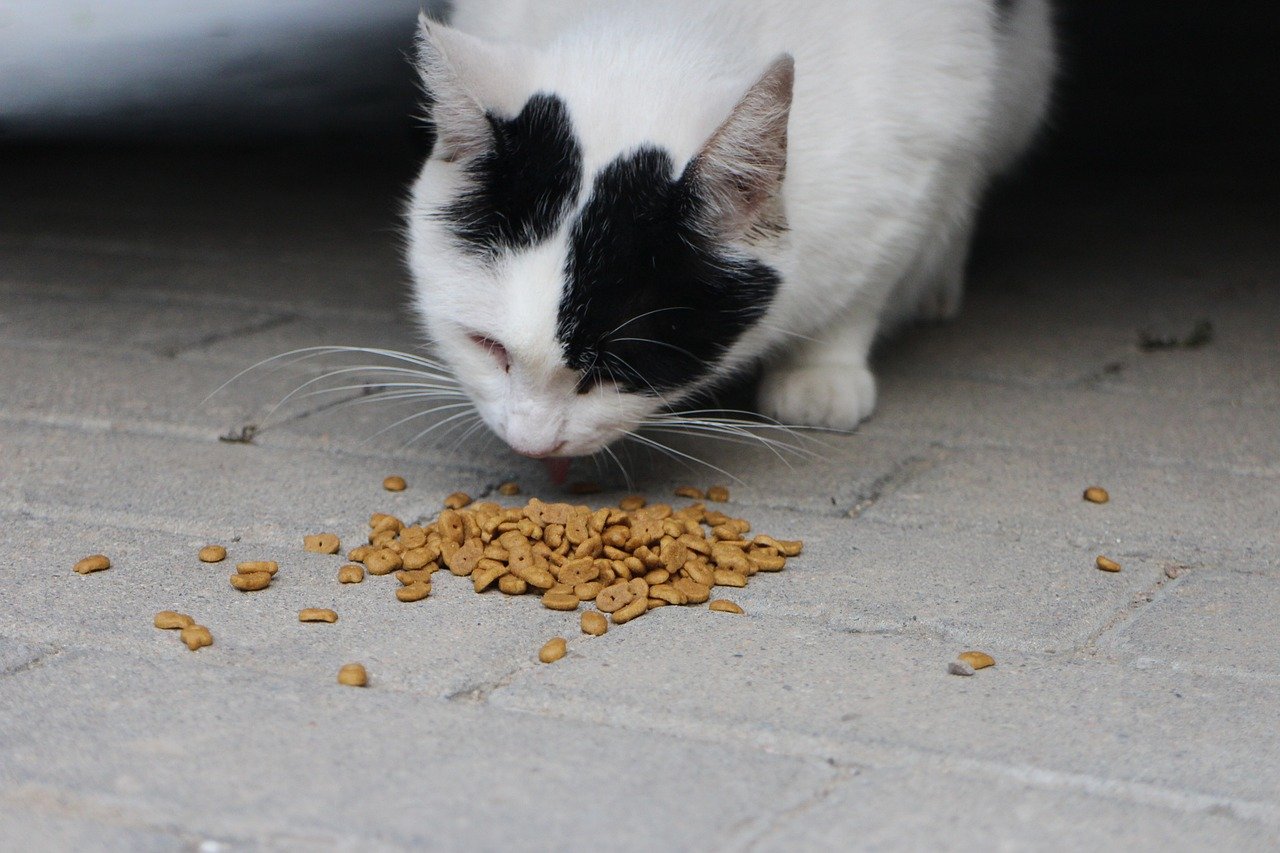
Does your cat constantly beg for food even after meals? This persistent hunger can indicate that their diet isn’t satisfying their nutritional needs. It’s similar to eating a salad when your body craves a hearty meal. Cats may appear to be insatiable if their food lacks the necessary proteins or fats that keep them full. Consider increasing portion sizes or opting for a higher-calorie food designed for active cats. However, it’s important to balance their intake to prevent obesity, so consulting with a vet can provide guidance on appropriate serving sizes.
Bad Breath and Dental Issues
Bad breath in cats, often accompanied by dental issues, can be a sign of an inadequate diet. Just as a poor diet in humans can lead to dental decay, cats may experience similar problems. Their food may be too soft, not allowing their teeth to engage in the necessary chewing activity that helps clean their teeth. Introducing dry kibble or dental treats can help maintain oral health. Additionally, ensuring their food contains enough vitamins and minerals supports overall mouth health. Regular dental check-ups are essential to catch any issues early.
Frequent Hairballs
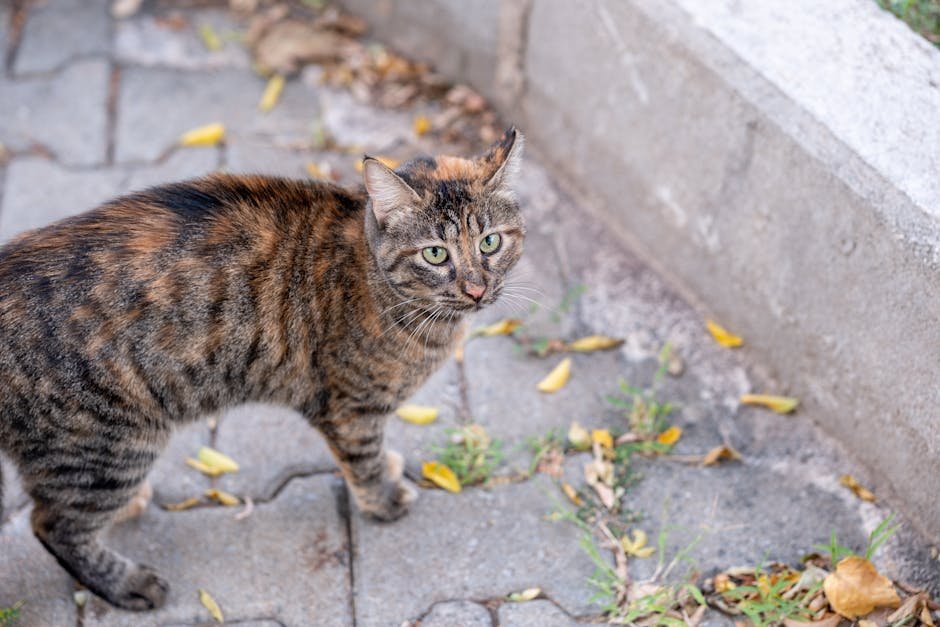
While occasional hairballs are normal for cats, frequent occurrences can indicate a dietary imbalance. Hairballs are a natural result of grooming, but excessive hairballs might mean your cat isn’t getting enough fiber in their diet. Fiber helps move ingested hair through the digestive tract. Introducing a high-fiber food or adding pumpkin to their meals can help reduce the frequency of hairballs. It’s like giving your digestive system a broom to sweep through and keep everything moving smoothly. If hairballs persist, it might be wise to consult with a vet for further advice.
Skin Irritations and Allergies

If your cat is constantly scratching or has patches of irritated skin, their diet might be causing allergies. Cats can develop food allergies just like humans, resulting in uncomfortable skin conditions. It’s similar to how some people might react to dairy or gluten. Identifying potential allergens in their food, such as certain proteins or grains, can help alleviate these symptoms. Consider switching to a hypoallergenic or limited ingredient diet to identify and eliminate the offending component. Monitoring your cat’s response to dietary changes can guide you to the right formula for their needs.
Frequent Urinary Tract Issues
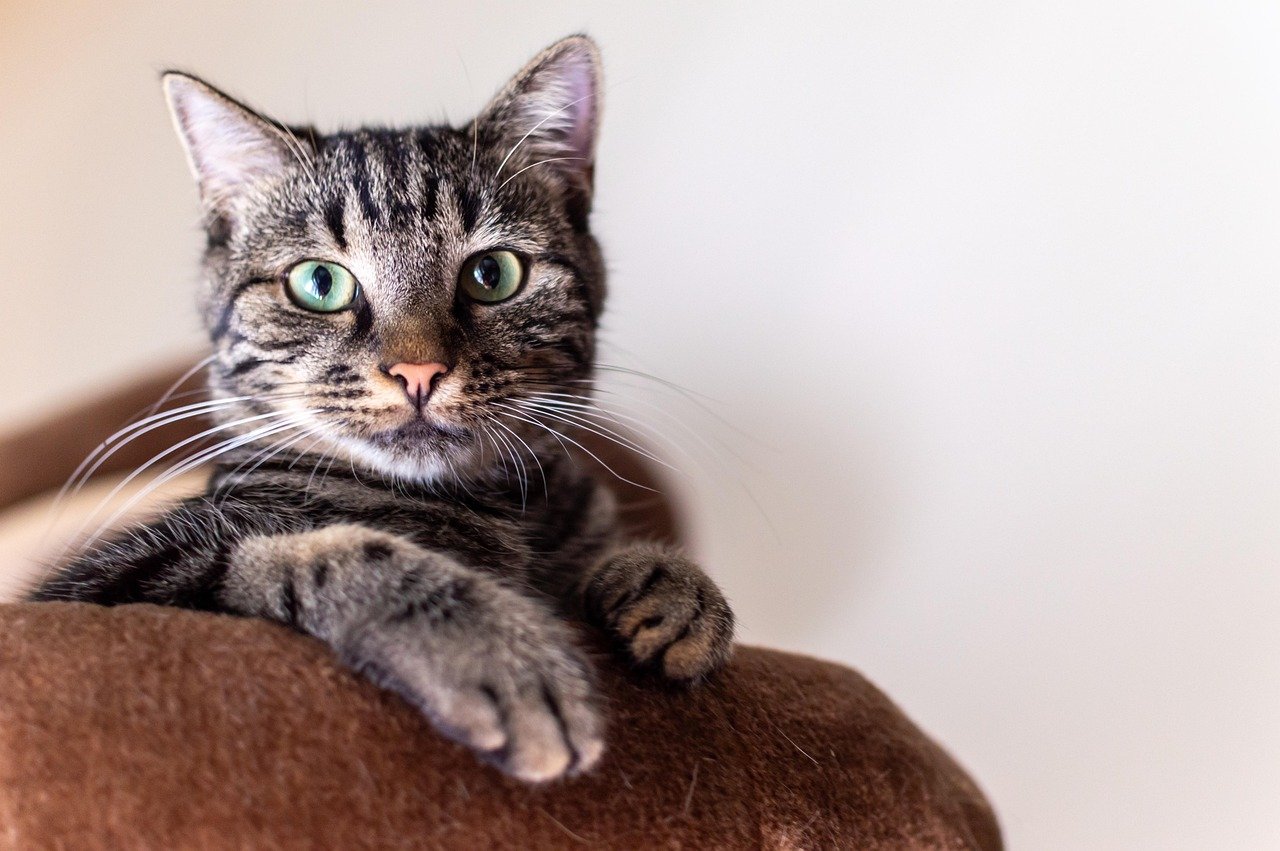
Urinary tract problems are a common concern in cats and can often be linked to their diet. Cats require a diet that supports urinary health, often needing a specific balance of minerals. If your cat frequently experiences urinary issues, their diet might be contributing to the problem. Providing a diet high in moisture content, such as wet food, can promote urinary health. It’s akin to keeping a well-oiled machine running smoothly. Ensuring your cat has constant access to fresh water and considering diets specifically formulated for urinary health can help prevent these issues.
Behavioral Changes
Lastly, a cat’s behavior can be a telling sign of dietary issues. If your usually friendly cat becomes irritable or displays unusual behavior, it might be linked to their diet. Imagine feeling cranky when you’re hungry or not eating well; cats can feel the same way. Nutritional deficiencies can affect their mood and overall well-being. Ensuring a balanced diet with all the necessary vitamins and nutrients can help stabilize their behavior. Sometimes, a simple tweak in their food can bring back your cat’s usual temperament.
In conclusion, understanding and addressing these signs can significantly enhance your cat’s quality of life. A well-balanced diet tailored to your cat’s specific needs is essential for their health and happiness. Regular vet visits and monitoring your cat’s behavior and physical condition can provide insight into their dietary needs. By making informed adjustments, you can ensure your feline companion enjoys a healthy and fulfilling life.
Hi, I’m Bola, a passionate writer and creative strategist with a knack for crafting compelling content that educates, inspires, and connects. Over the years, I’ve honed my skills across various writing fields, including content creation, copywriting, online course development, and video scriptwriting.
When I’m not at my desk, you’ll find me exploring new ideas, reading books, or brainstorming creative ways to solve challenges. I believe that words have the power to transform, and I’m here to help you leverage that power for success.
Thanks for stopping by, Keep coming to this website to checkout new articles form me. You’d always love it!






